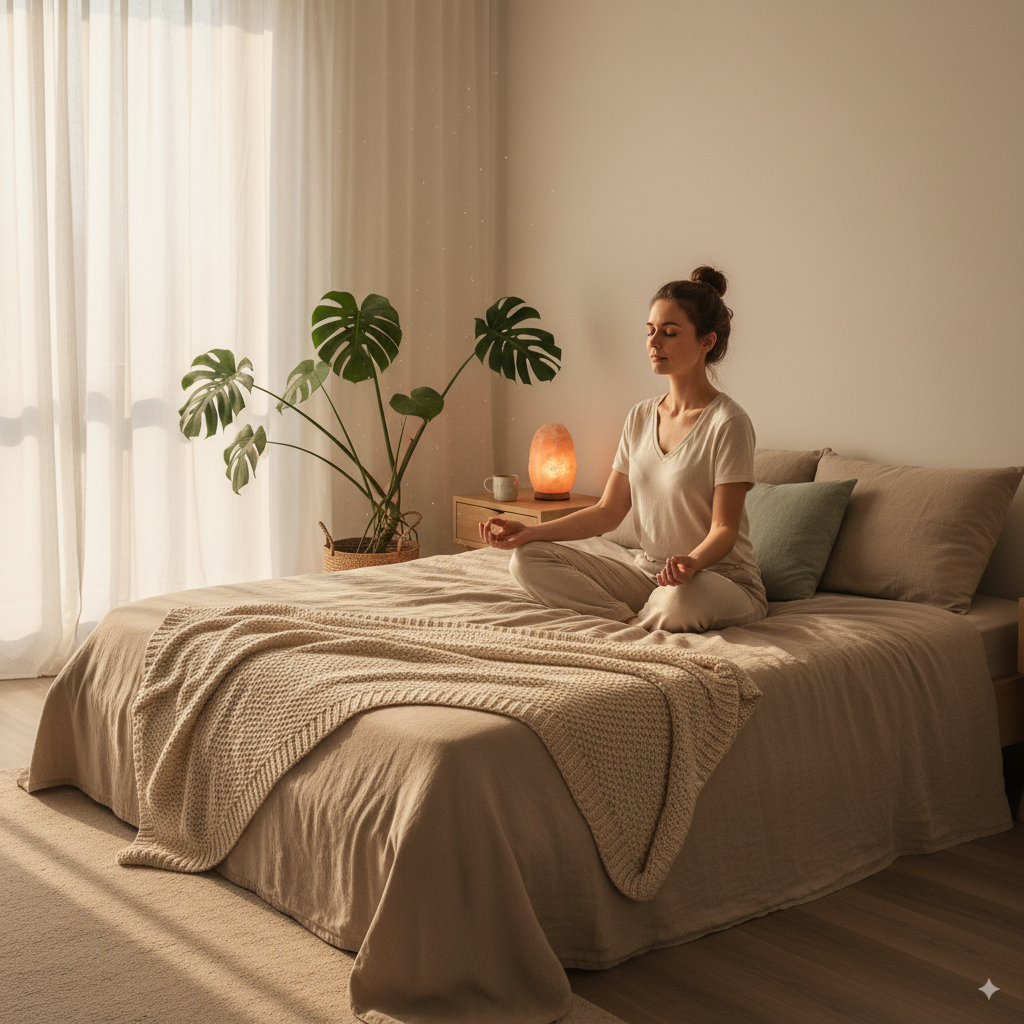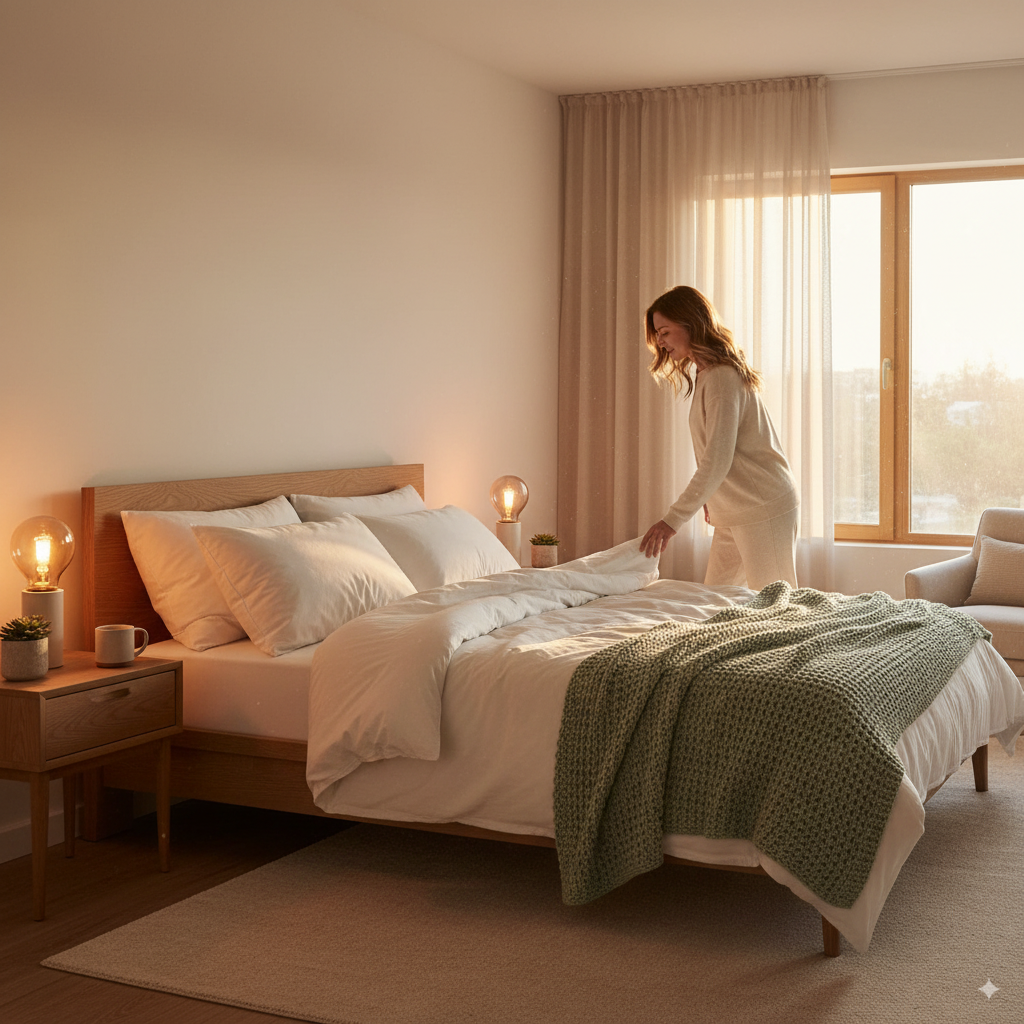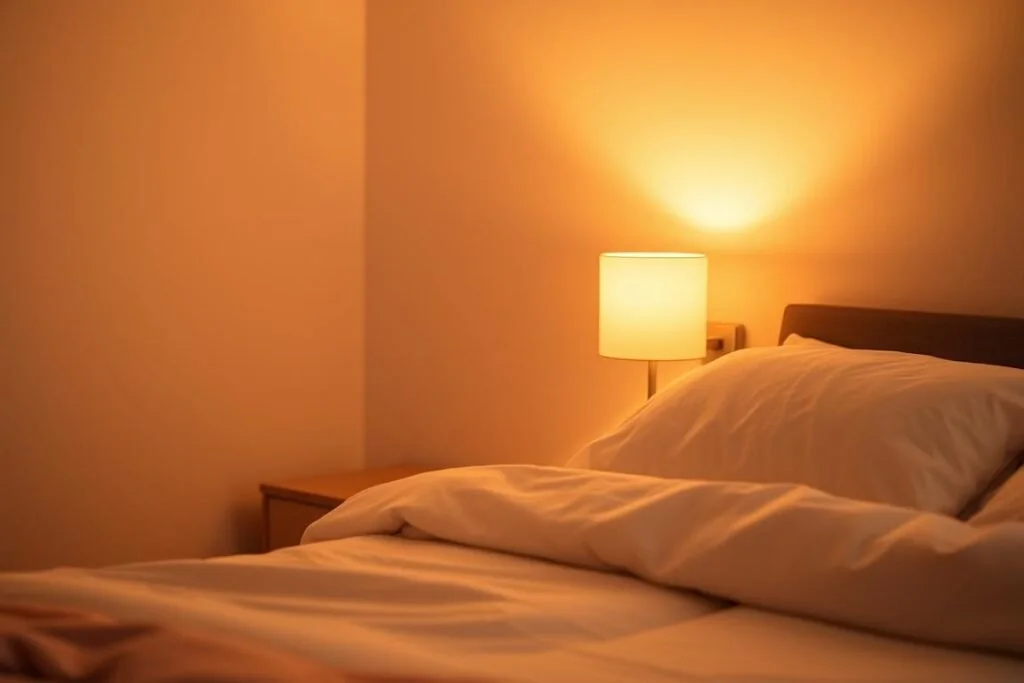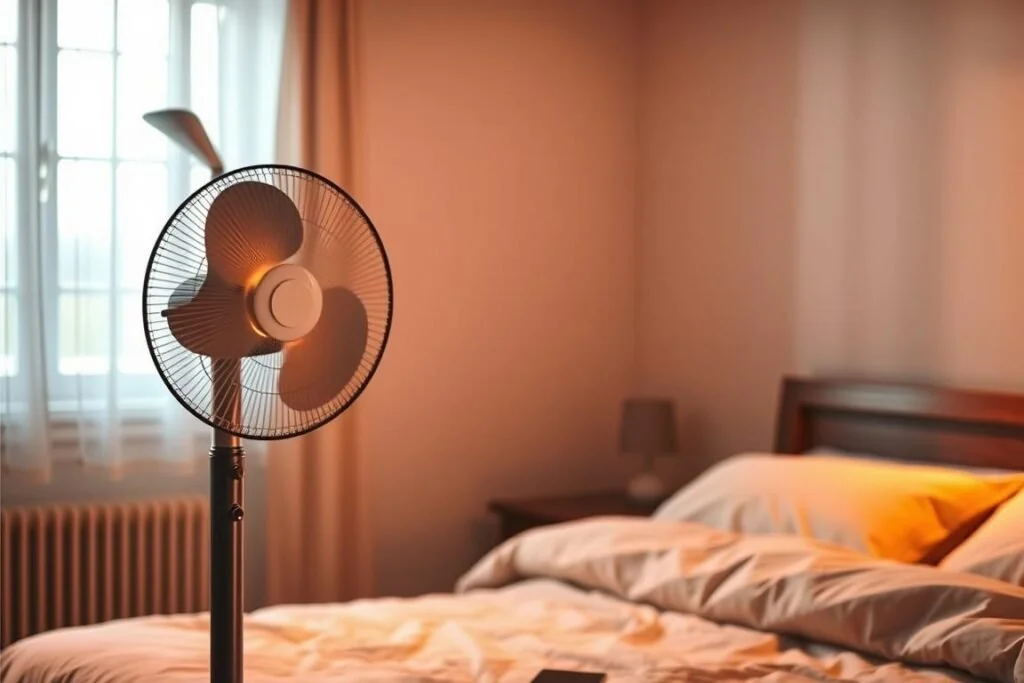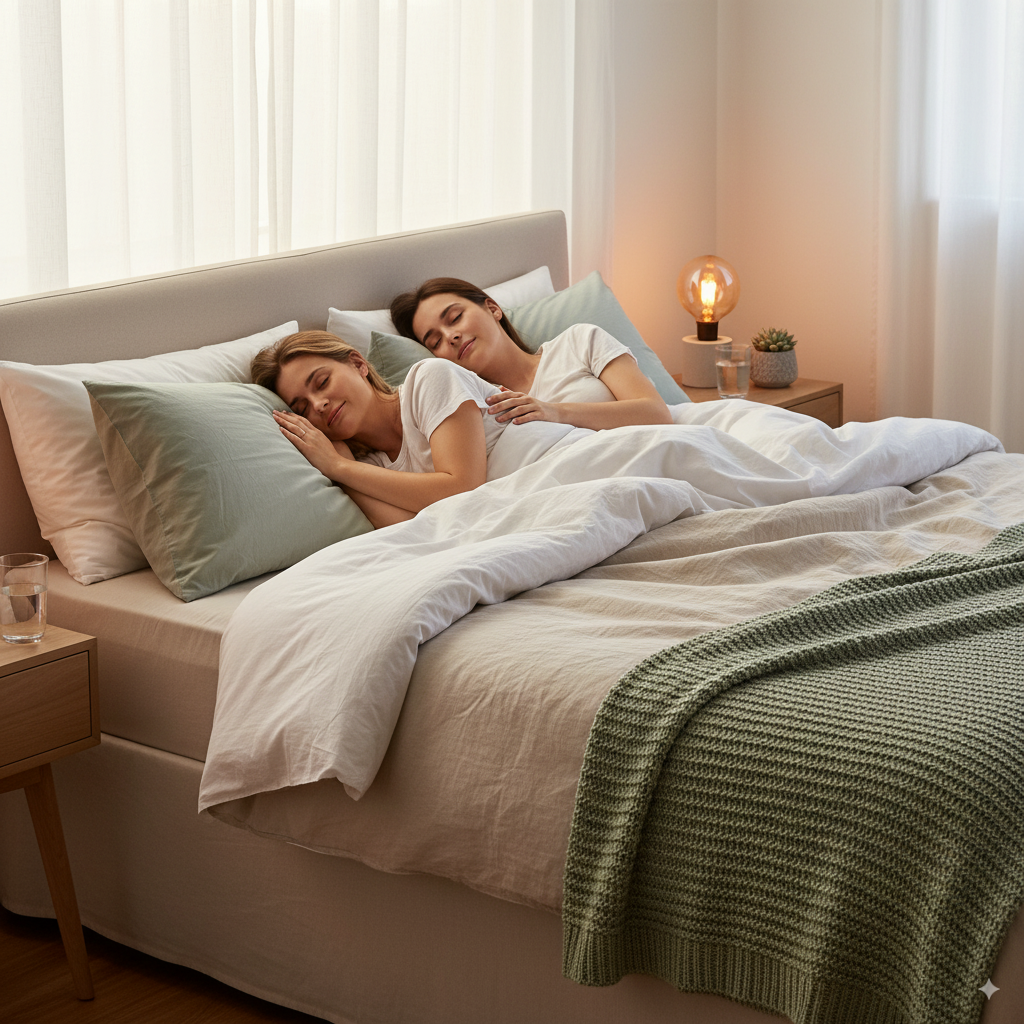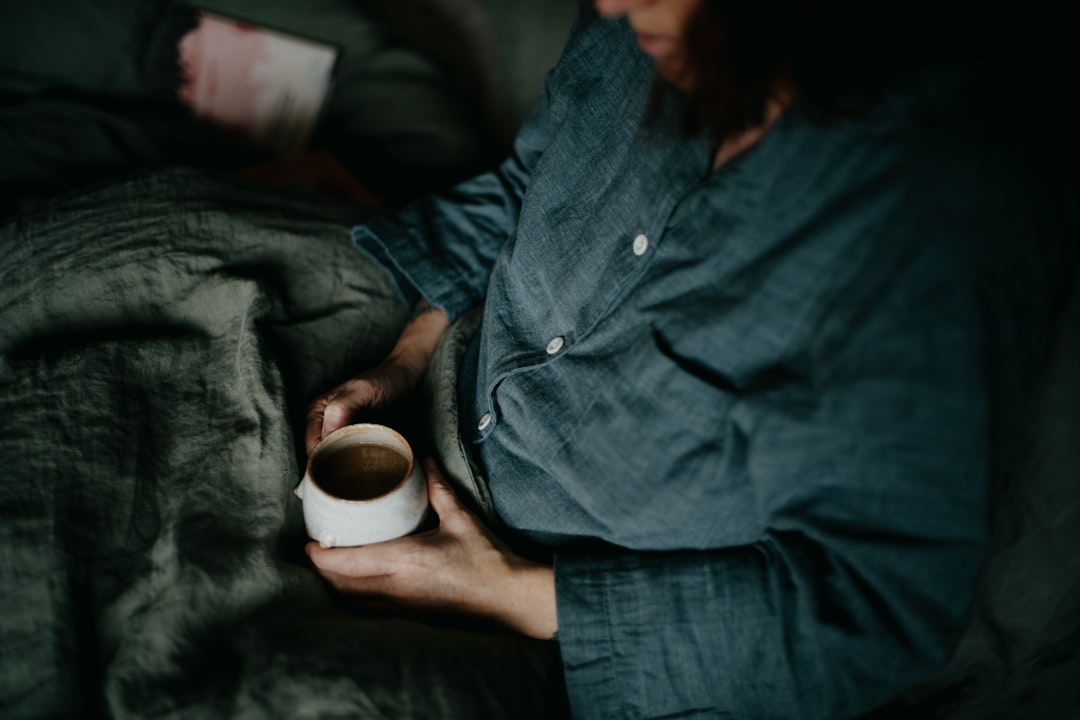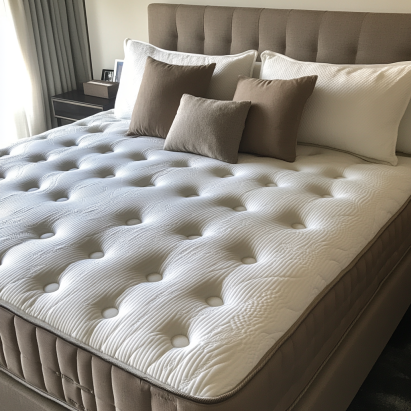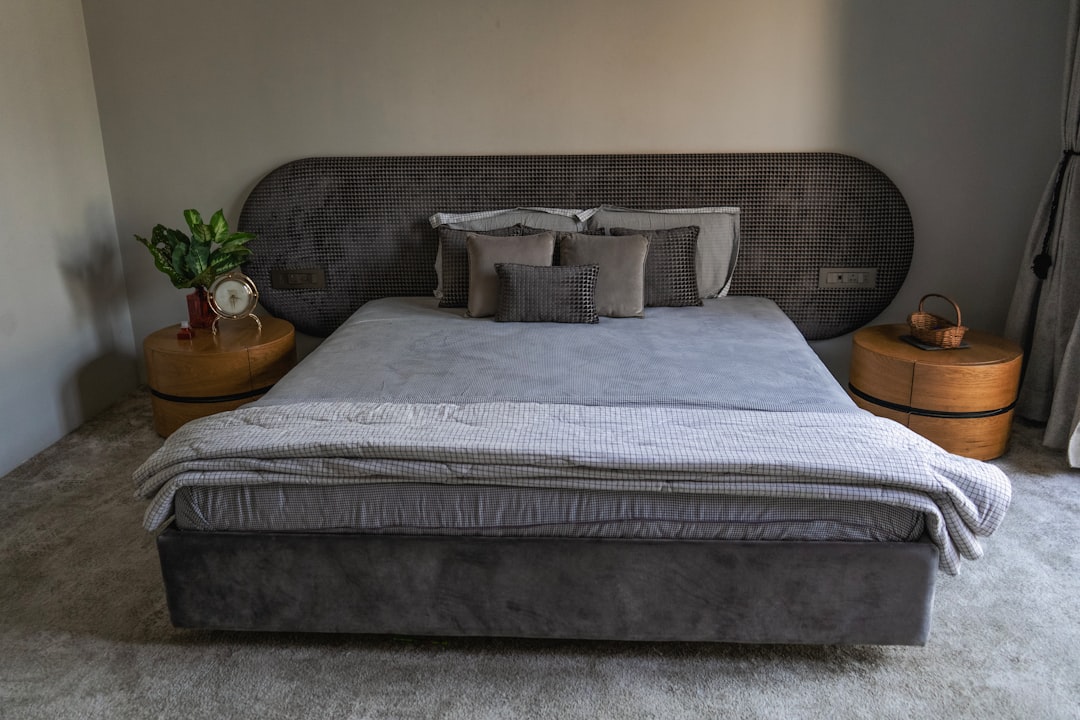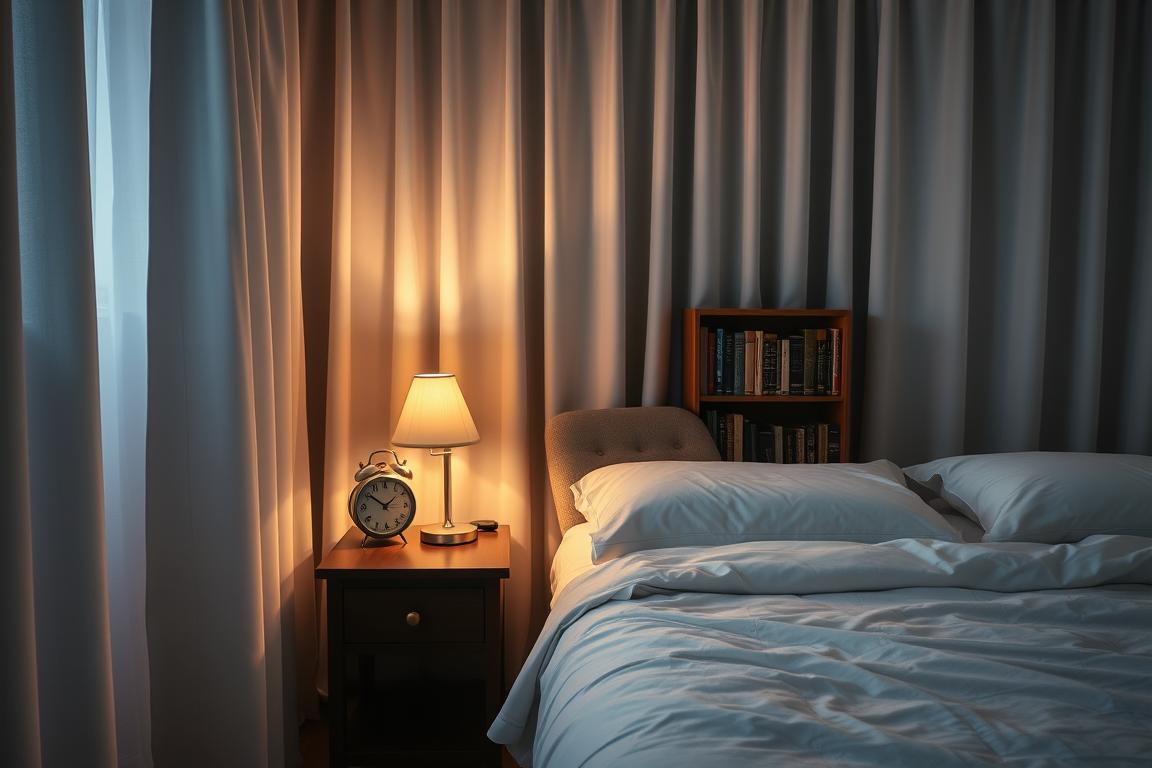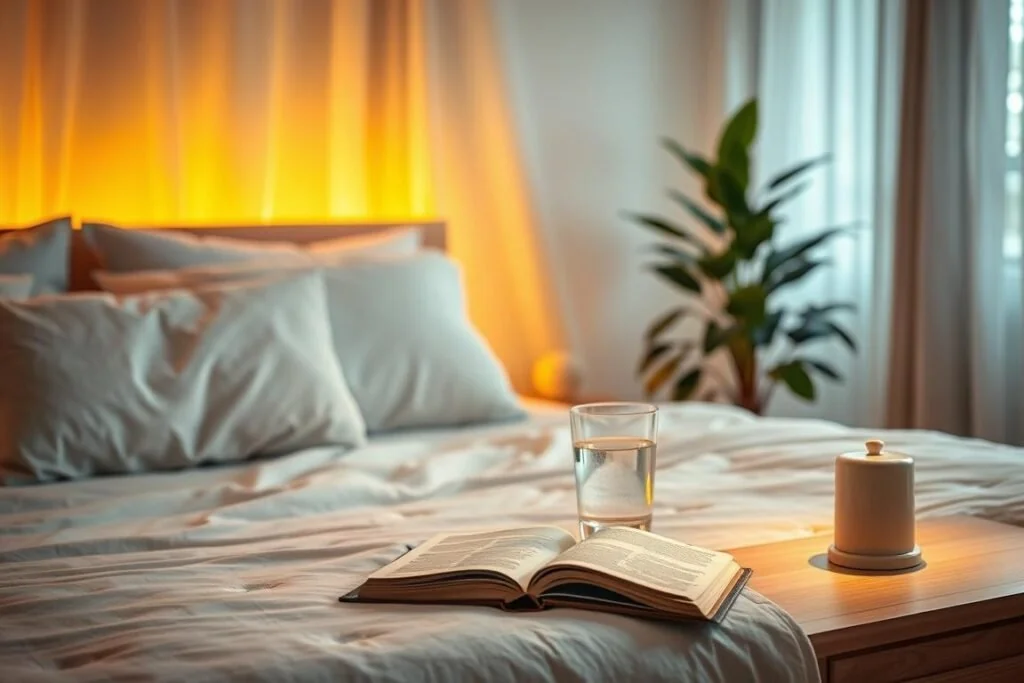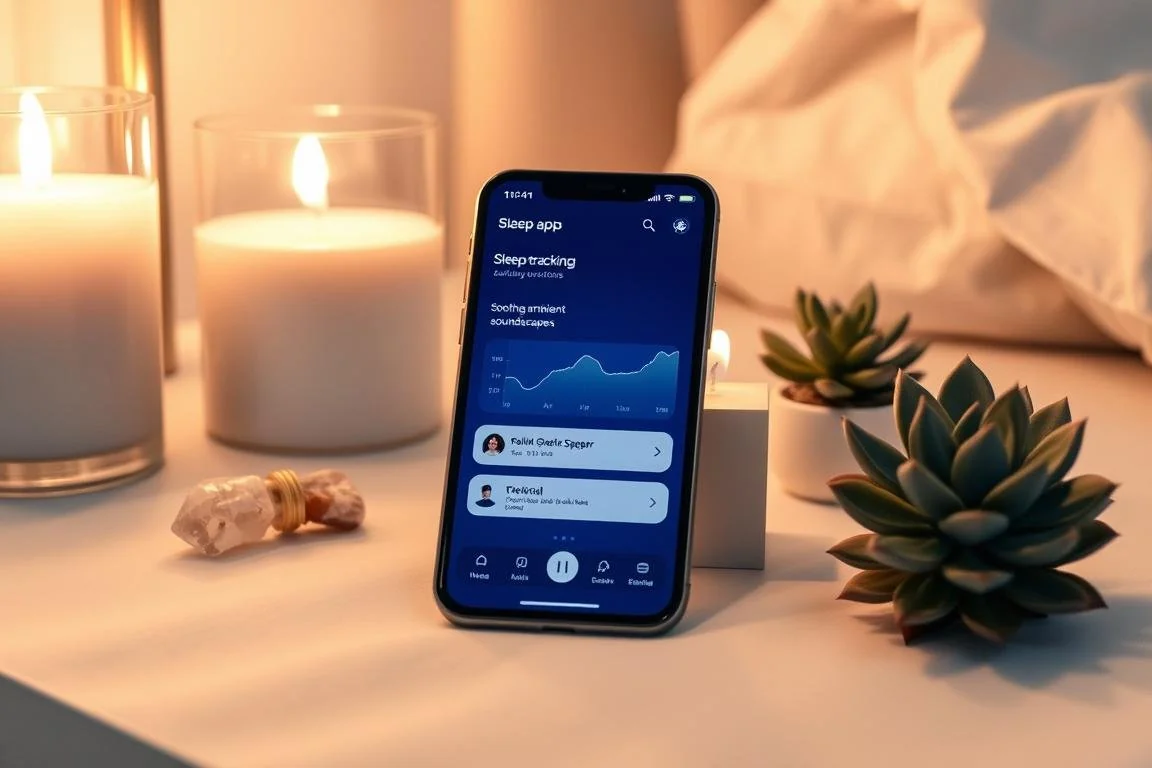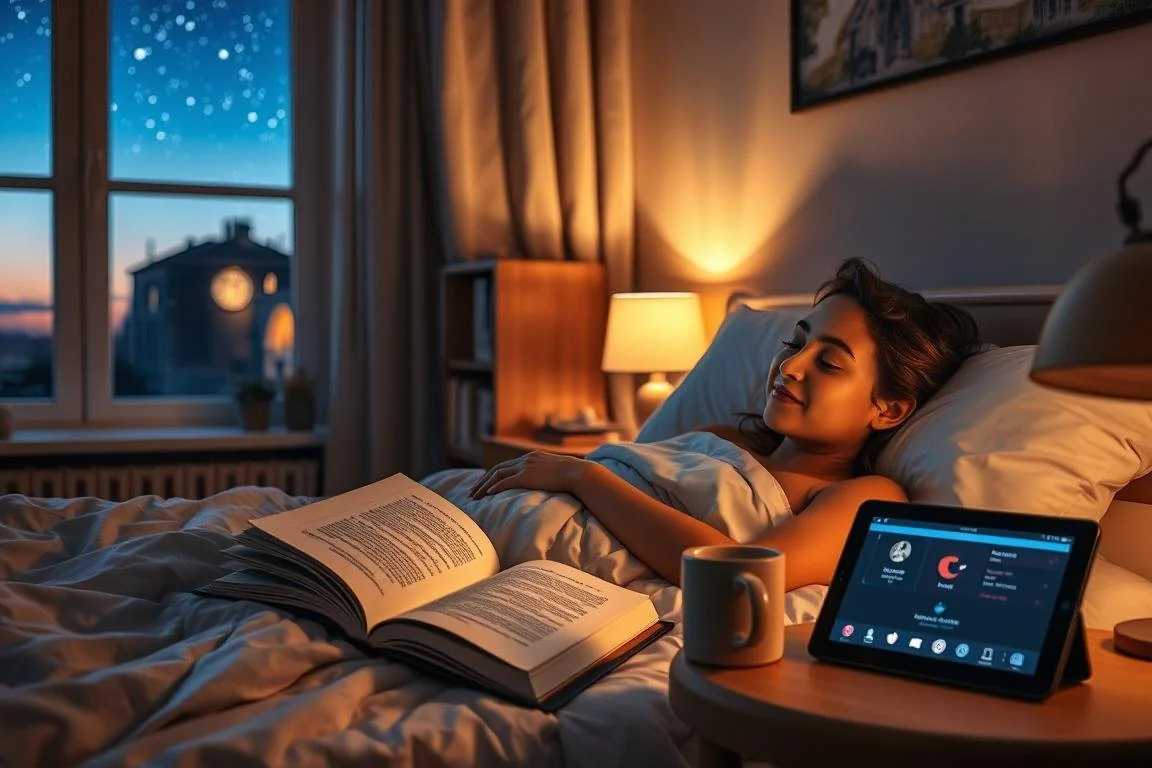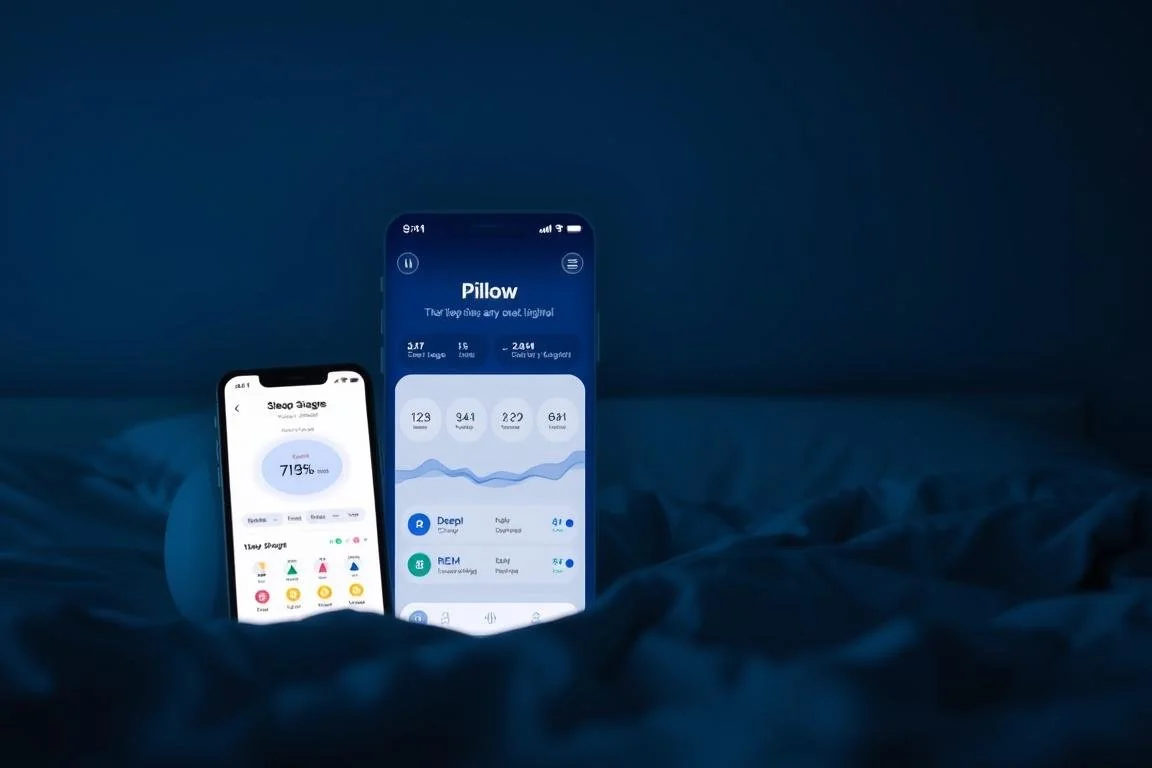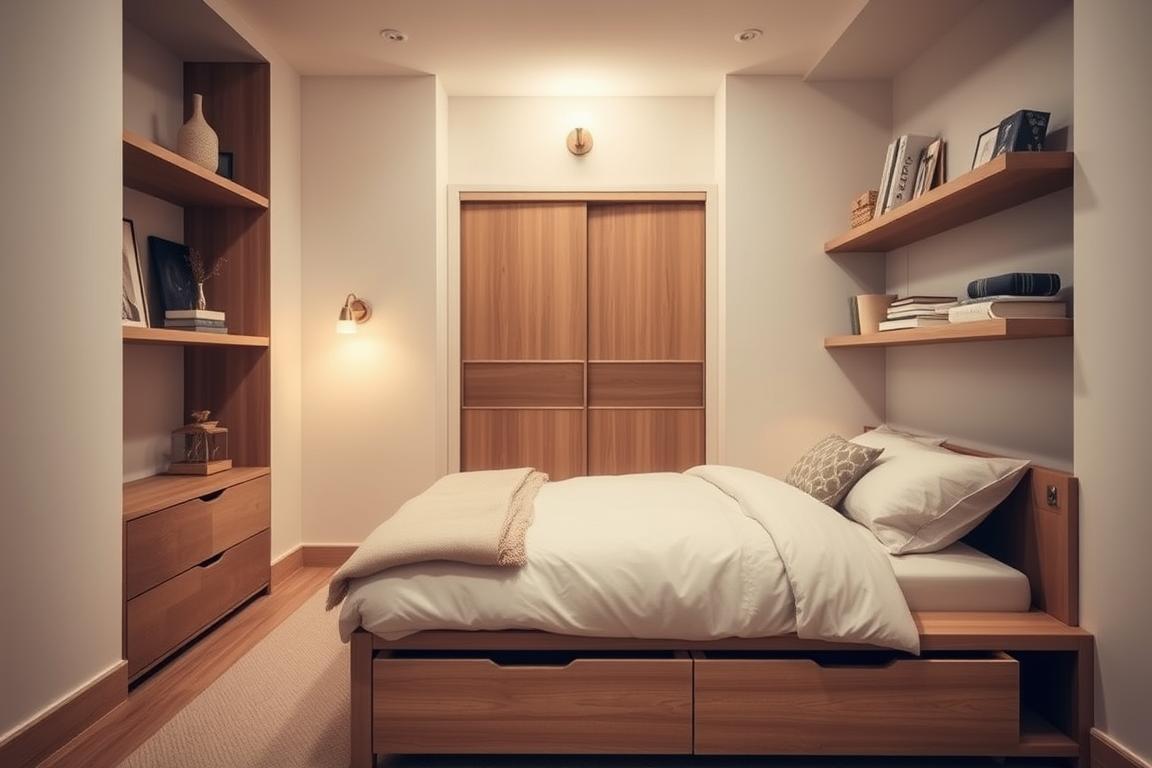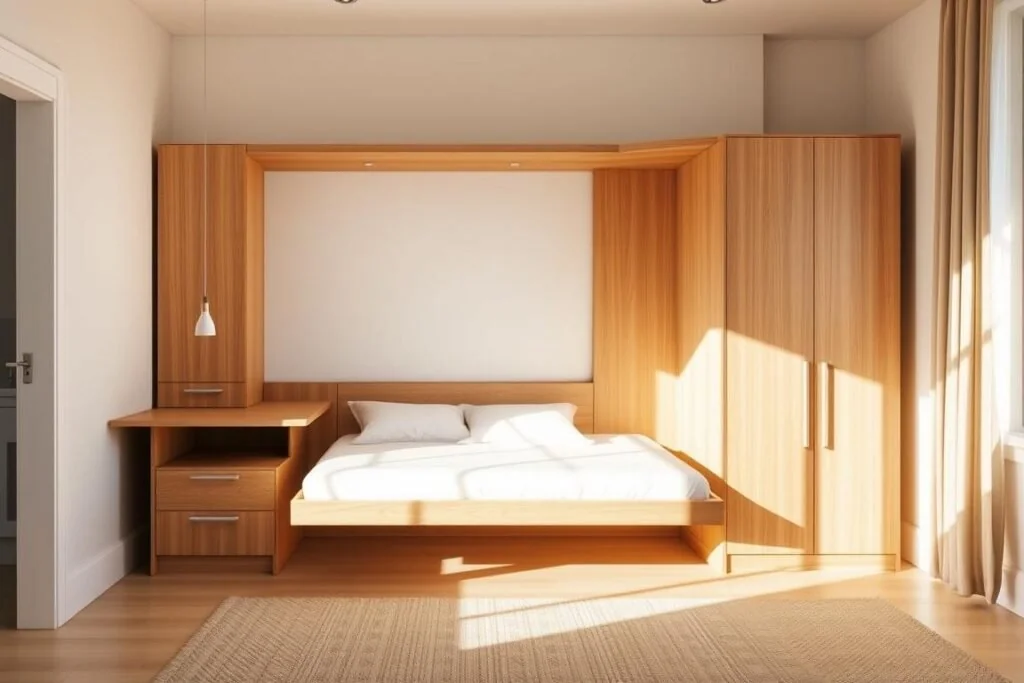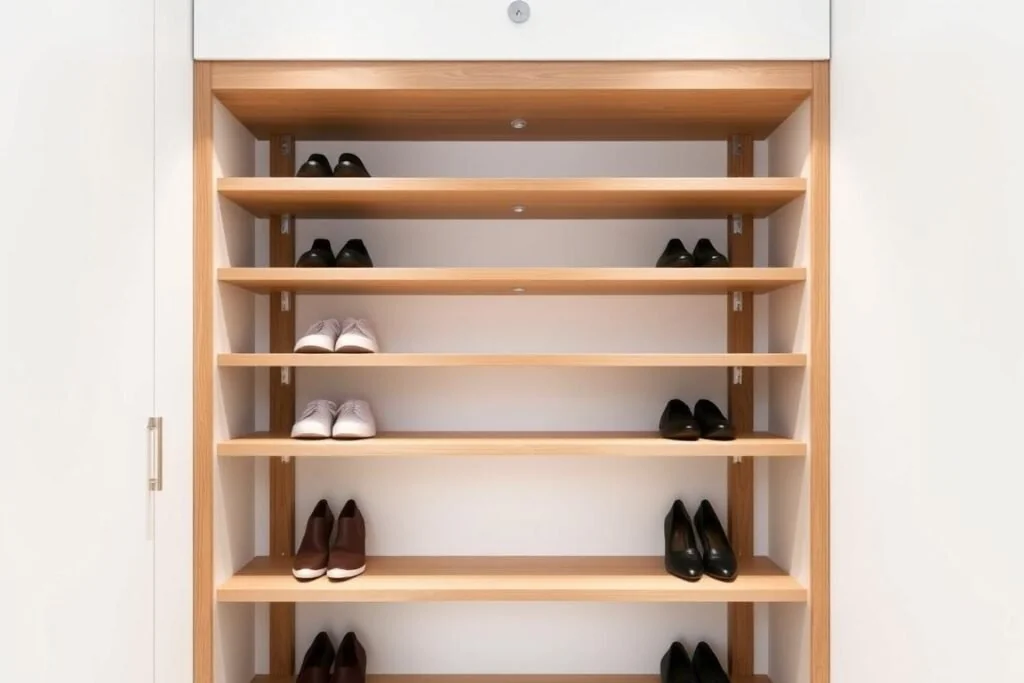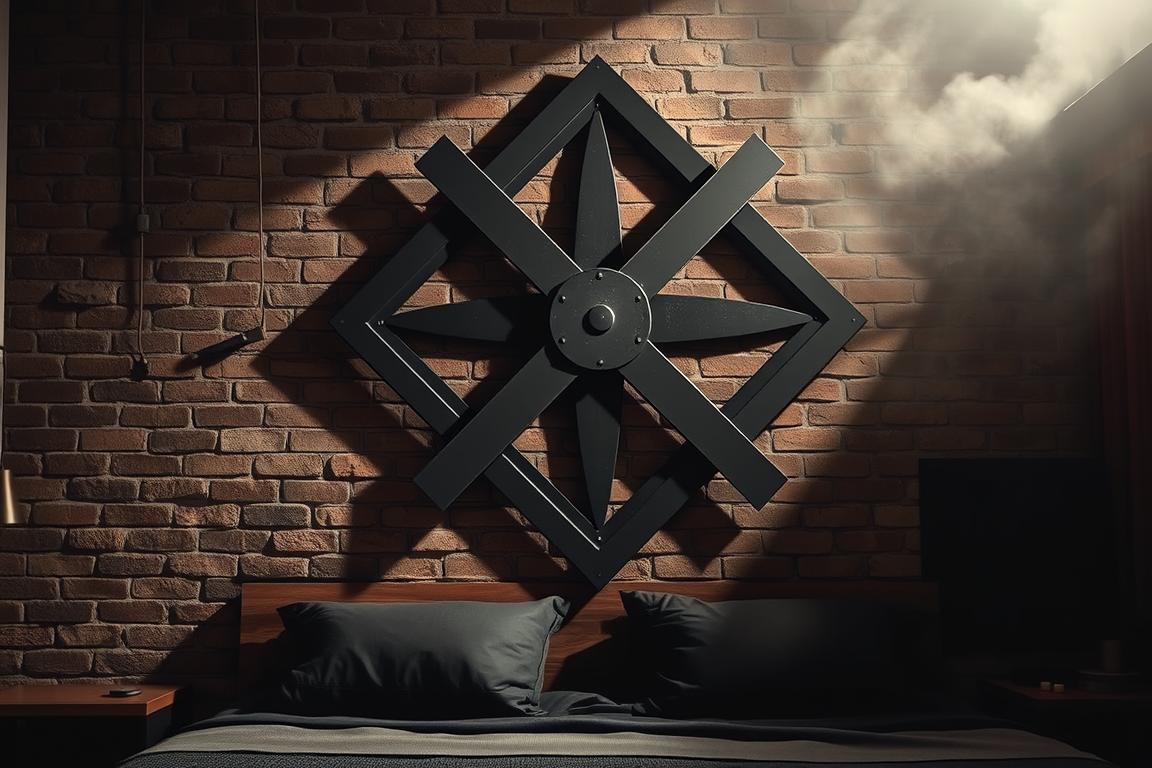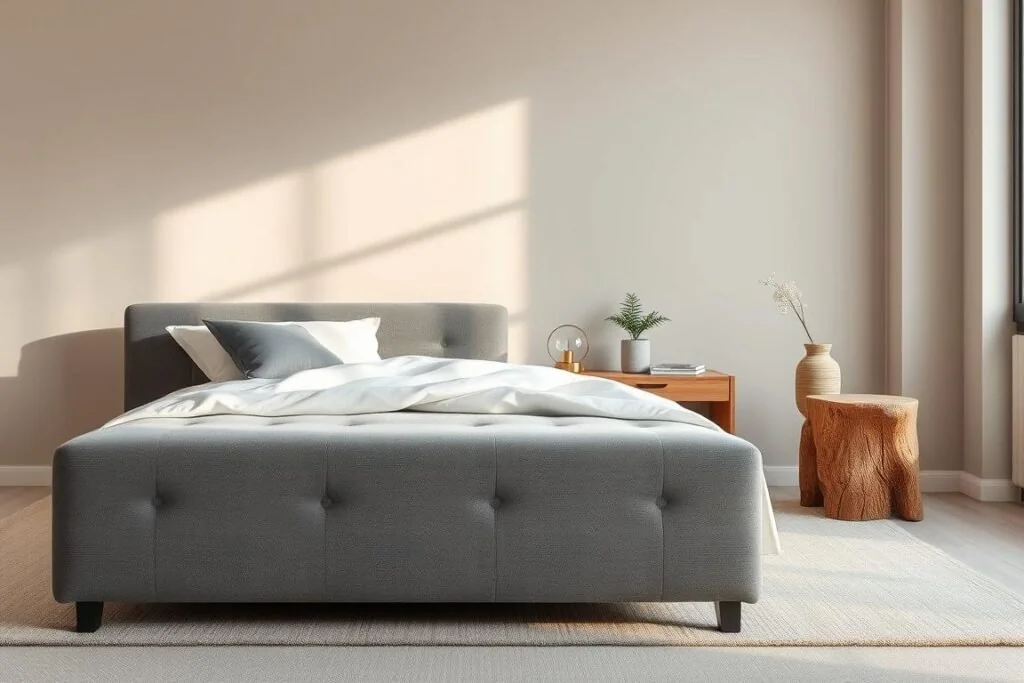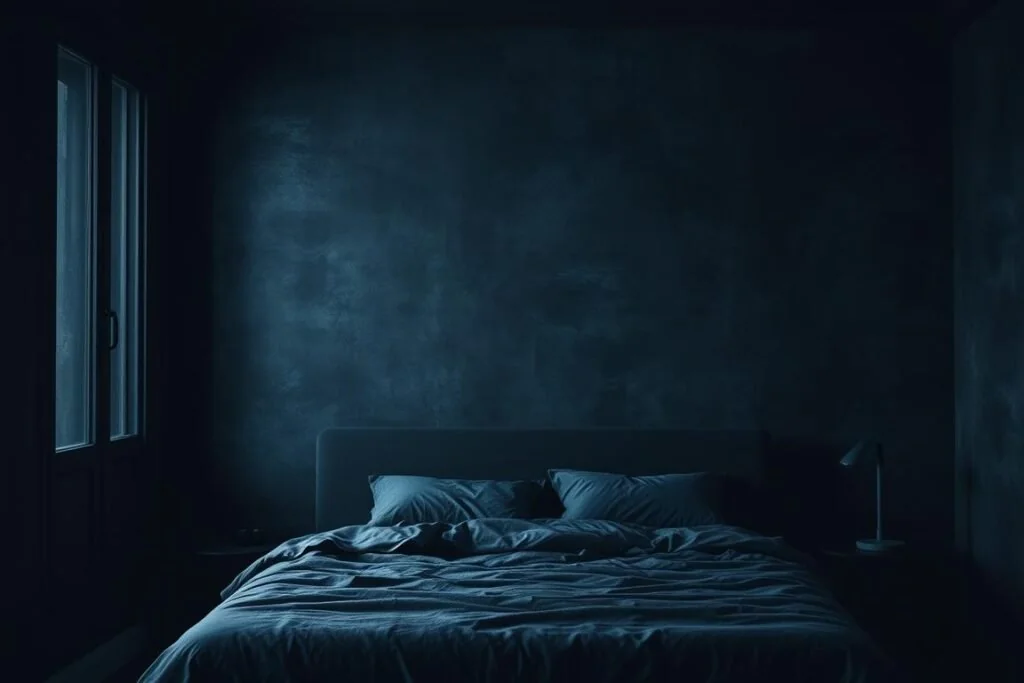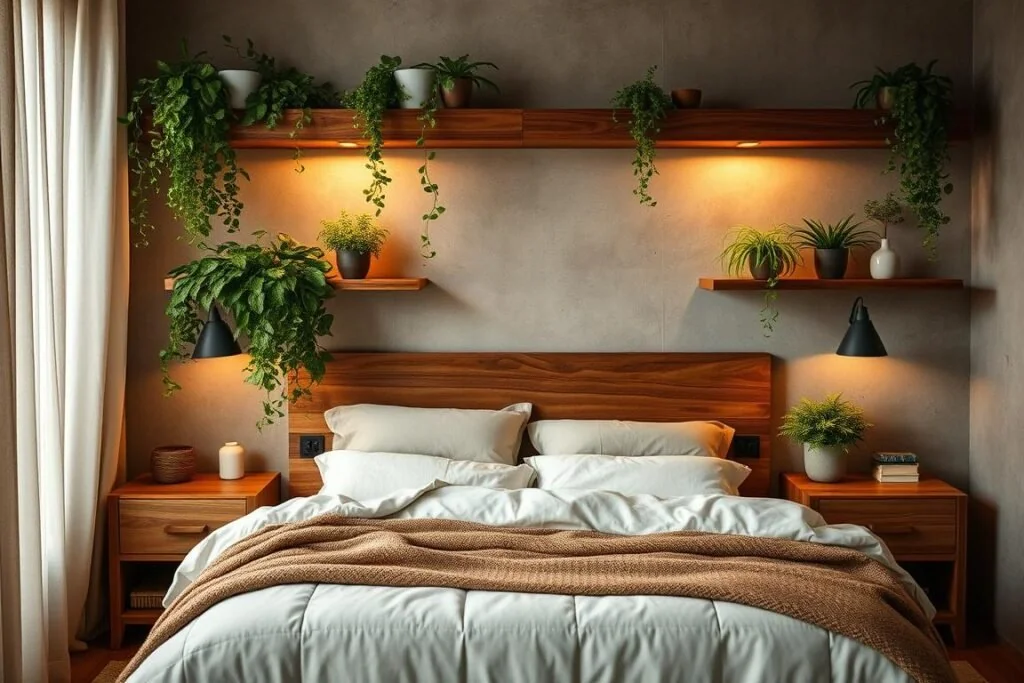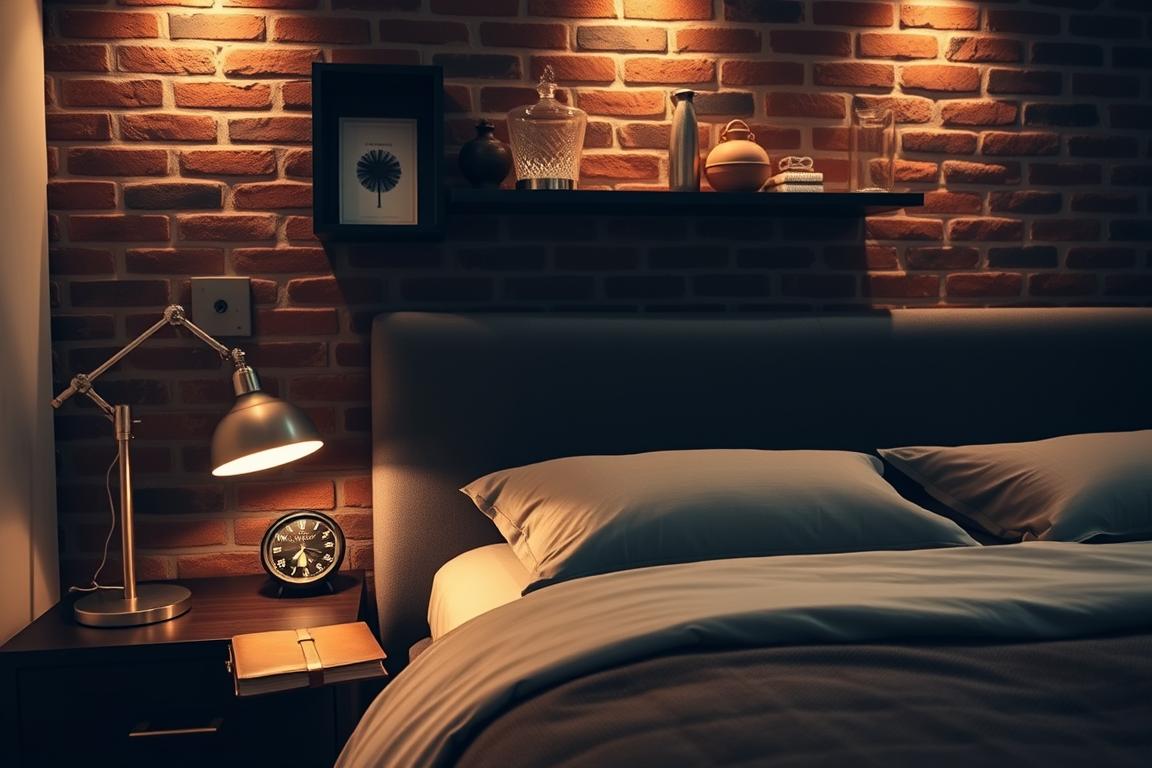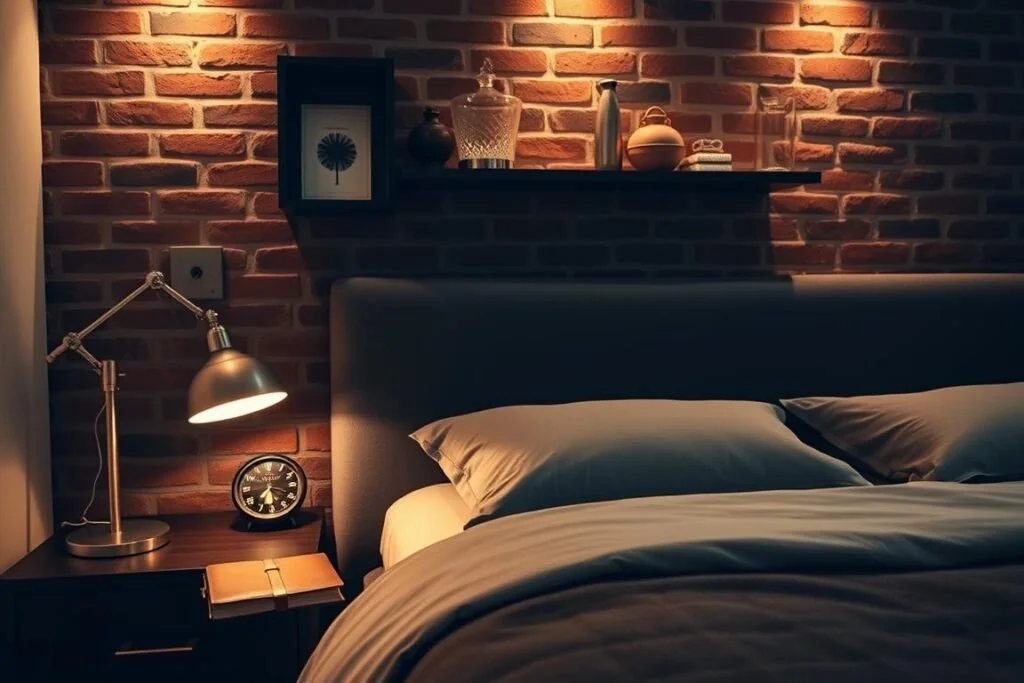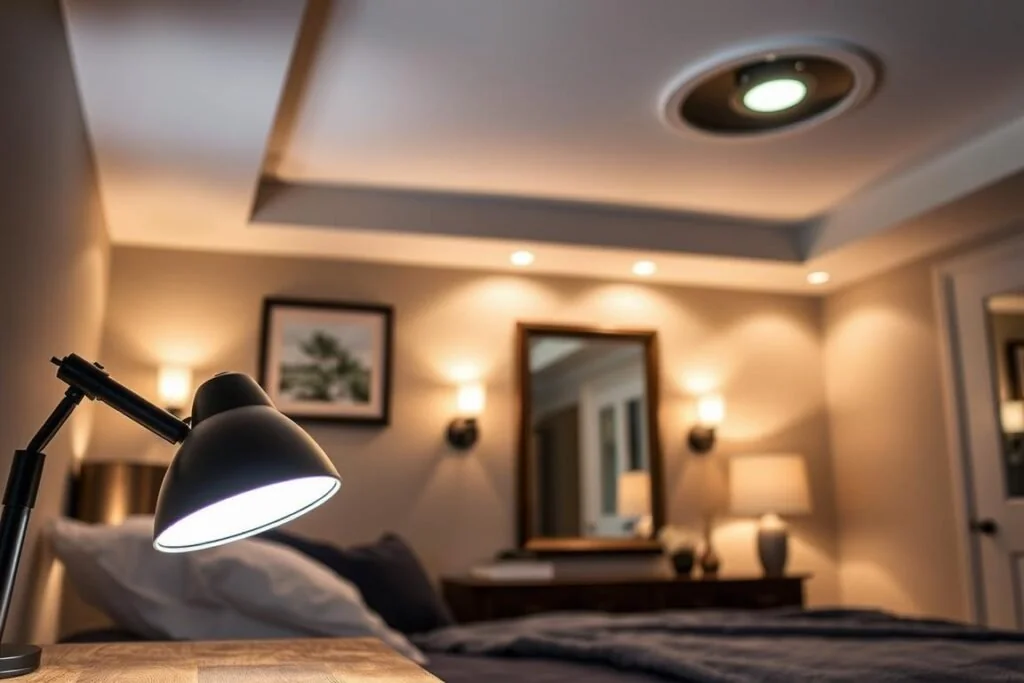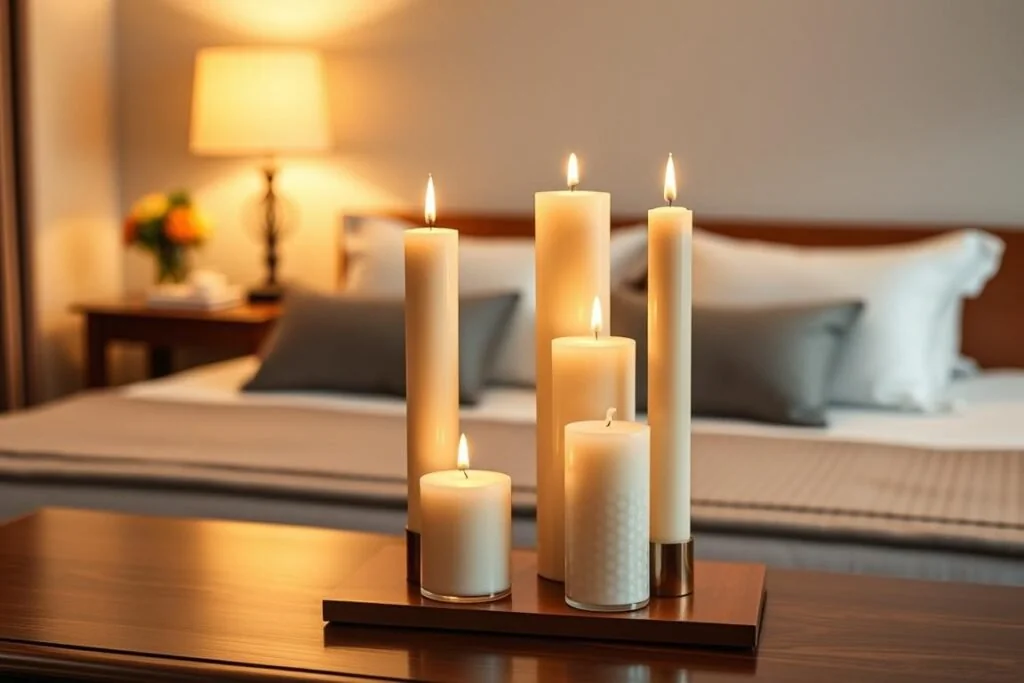Healing Sleep Meditation Techniques Explained
Meditation for sleep and healing gives your busy mind a kinder target, helping you drift off faster and return to rest after wake-ups.
Updated August 31, 2025 • This friendly guide shows you how to set up your space, choose the right track, and calm racing thoughts—without forcing sleep. It also links to our Sleep Meditation Guide (pillar) for deeper practice.
Key Takeaways
- You’ll learn a practical meditation for sleep and healing routine that fits busy nights.
- A soothing narrative plus steady music can outcompete worry and brain chatter.
- Use it nightly for 2–3 weeks; many people fall asleep faster and wake more refreshed.
- Keep a simple log (minutes listened, track used, morning energy) to spot patterns.
- Pair with sleep-friendly habits like a cool, dark room and limited screens.
Why meditation for sleep and healing works right now
When worries pile up, a narrated track gives your attention something gentle and specific to follow. That sense of safety calms your nervous system and helps you downshift into rest. Many listeners report deeper, more restorative nights and easier mornings.
According to the CDC, adults need at least seven hours of sleep most nights. If you’re choosing products to support a healthier bedroom, look for materials with credible certifications, as outlined in this bedding certifications guide.
How to practice guided sleep meditation for quality sleep
Small, repeatable steps make this easy to keep. This program offers flexible tracks: Introduction (3:18), Guided Imagery (26:50), and Music (46:00). Use the option that matches the minutes you have—your meditation for sleep and healing doesn’t need to be long to be effective.
Set up your environment
Dim lights, cool the room slightly, silence devices, and let household members know your quiet window. Choose a volume you can follow without strain; headphones only if truly comfortable.
Your bedtime routine
Brush teeth, limit screens, press play on the short introduction, then move into the 26:50 guided imagery. Keep attention soft: notice your breath and the narrator’s voice. When thoughts pop up, gently return to the audio. This is still meditation for sleep and healing—drifting is normal.
Middle-of-the-night plan
Avoid bright lights and clocks. Use the music-only track or a shorter guided segment to return to rest without rebooting your day.
Morning follow-through
Track morning energy and patterns for 2–3 weeks. Note minutes listened, timing, evening food, and any wake-ups. Adjust with a coach if needed. For broader habit help, see our Sleep Hygiene Checklist.
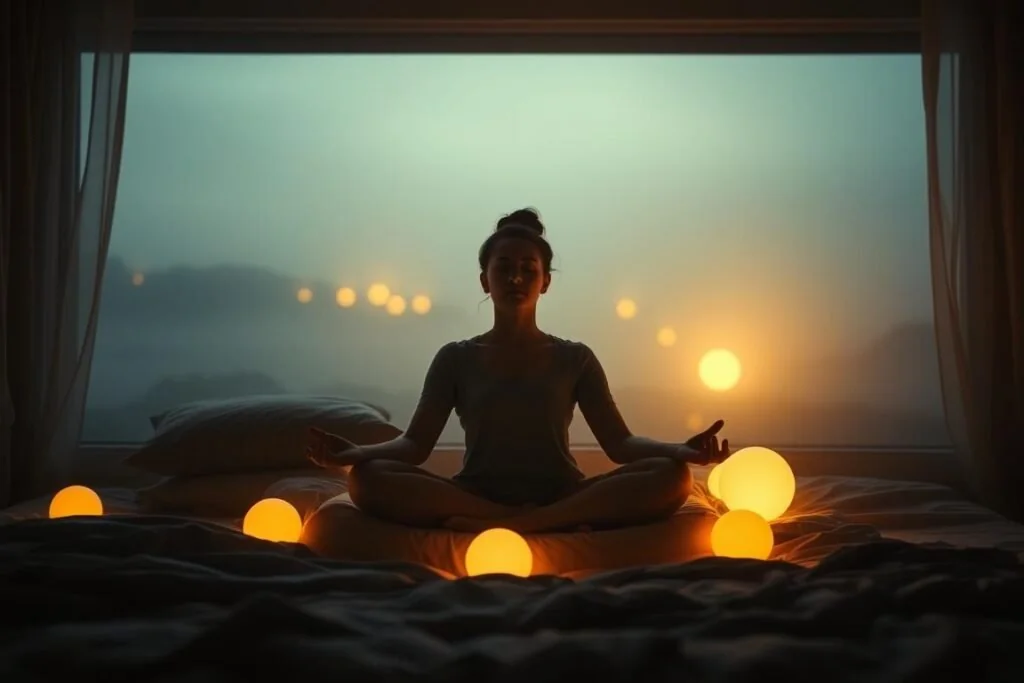
This calming audio pairs a protective narrative with immersive music to support meditation for sleep and healing.
Techniques to deepen healing: guided meditations, mindfulness, and breath
Mix and match based on how your night feels. Some evenings you may prefer imagery with music; other nights, simple breath focus is better. Both are valid paths within meditation for sleep and healing.
Choose your practice
Guided imagery with music uses evocative, protective language and a steady score to outcompete obsessive thoughts—great when you need help falling asleep or returning to rest after awakenings.
Mindfulness attention training is simpler. Notice the breath, label “thinking,” and gently return attention to the body. Over many sessions, this steadiness supports long-term sleep health. Explore a sample track: Guided Sleep Meditation (video).
For medical context, the American Academy of Sleep Medicine explains how behavioral strategies can improve insomnia symptoms.
Healthy-home upgrades
If you’re shopping for a safer sleep space, this non-toxic mattress guide offers helpful context on materials. Pairing a healthier environment with meditation for sleep and healing can enhance comfort and confidence at bedtime.
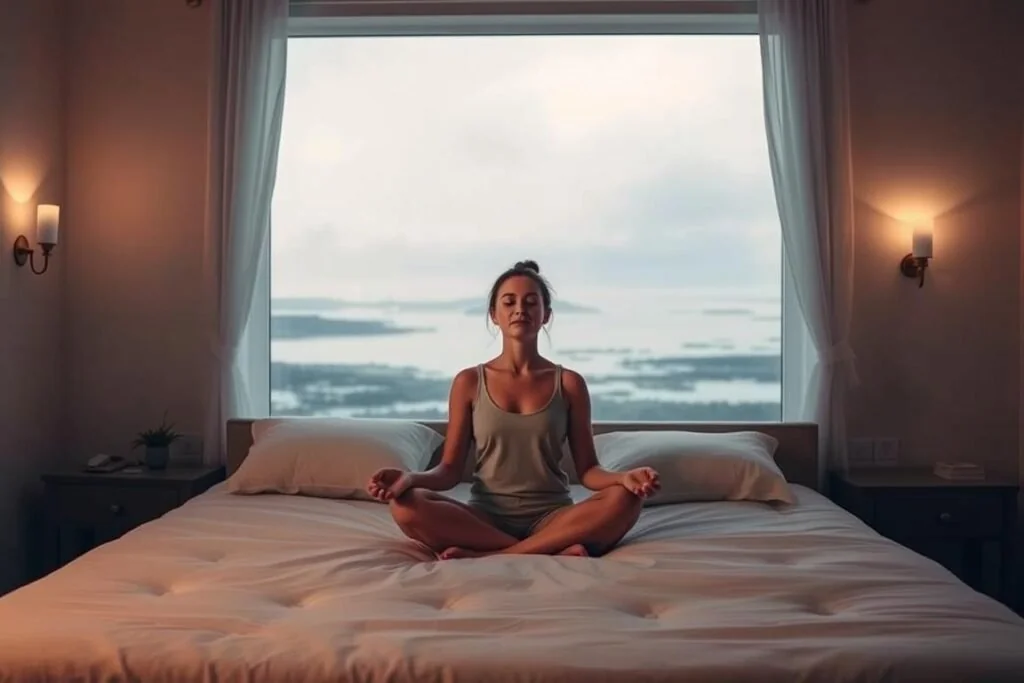
Choose the format that meets you where you are—narration, music, or simple breath.
Troubleshooting & adaptations for common difficulties
Everyone has bumpy nights. These gentle tweaks keep your meditation for sleep and healing on track.
- If anxiety spikes: try a 4-count inhale and 6-count exhale. Place a hand on your belly and soften your mouth and jaw to lower tension.
- If restlessness lingers: play the music-only segment for a few minutes, then add narration once your body settles.
- If late food affects comfort: guide attention to the lower ribs as you breathe to ease pressure.
- If menopause symptoms wake you: keep a breathable layer handy; pair cooling strategies with our Menopause Sleep Tips and resume your track.
- If legs feel jumpy at night: see our notes on restless legs relief and use a shorter audio segment to re-settle.
For extra support, many readers like to pair this with simple breath work: start with five slow cycles, then press play. Here’s a beginner guide to breathing exercises for sleep.
Track options & habit loop
Pick the smallest action that you can repeat nightly; consistency makes meditation for sleep and healing powerful.
- Introduction (3:18): a quick reset on busy nights.
- Guided Imagery (26:50): ideal when falling asleep or after a 2 a.m. wake-up.
- Music (46:00): gentle background when you’re already drowsy.
Anchor your habit to an existing cue—teeth brushing or setting the alarm. If you miss a night, simply resume the next evening. You’ll still earn the gains of meditation for sleep and healing.
Supporting posts should point back to the pillar at least once; bookmark our Sleep Meditation Guide (pillar) for refreshers and advanced tips.
FAQ
How long before I notice results?
Many people feel calmer within a few nights. Clear benefits often appear after 2–3 weeks of steady meditation for sleep and healing.
Is it okay if I fall asleep before the track ends?
Yes. That’s a sign the audio is doing its job. You don’t need to “finish” to get value from your meditation for sleep and healing.
Should I use headphones?
Only if comfortable. Low speaker volume is fine. Comfort beats perfection when building a nightly meditation for sleep and healing habit.
Can I combine this with other sleep supports?
Absolutely. Pair your meditation for sleep and healing with light stretching, a cooler room, or a white-noise machine. See our Sleep Hygiene Checklist for more ideas.
Conclusion
A steady bedtime ritual can rewrite how quickly you slip into deep, restorative rest. Set your space, pick the short intro, the 26:50 guided imagery, or the 46-minute music—then let the audio shepherd your thoughts toward calm.
Give this meditation for sleep and healing 2–3 weeks. Track minutes used, which track you chose, and your morning energy. Stay curious and kind to yourself; steady practice turns small wins into lasting change for your nights and days. For more cozy sleep guides, visit Cozy Bed Quarters.
A simple space, a gentle track, and a forgiving mindset—your repeatable recipe for better sleep.

